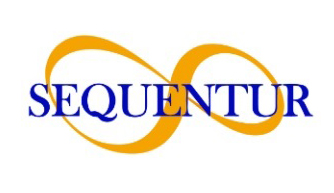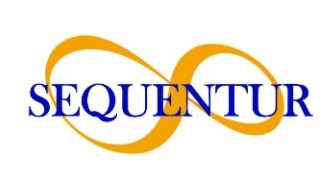Deduplication and Data Cleansing
We’re producing about 2.5 quintillion bytes of data every day. Yes, we’re most definitely in a digital era and strong IT departments and competent Managed IT Service Providers are essential to the operations and security of any organization.
With the amount of data any given company produces, regardless of size or industry, safeguarding and keeping the data “clean” is a topic of its own.
This is primarily because any organization that handles duplicate, inaccurate, and outdated information will have to deal with consequences such as:
- Ineffective marketing efforts
Most businesses use targeted promotional campaigns now. If your email lists contain incorrect information, you can waste time, revenue, and effort. - Wrong decisions
Data drives decision-making for businesses. But if decisions are made based on false or old data, it can lead to costly ramifications. - Bad customer experience
A business needs to maintain solid communication with its current and prospective customers to develop a loyal customer base and sustained buyers. When data used to contact customers isn’t scrubbed, the quality of interaction takes a hit. It can be frustrating for a customer when they experience communication they do not expect or want and can lead to increased client turnover.
Data cleansing is the process of identifying and rectifying corrupt or flawed data from a data set, table, or database. It helps you substitute, alter, or delete data as needed.
Elements of Data Cleansing
Data cleansing includes five elements: standardization, validation, analysis, quality check, and data deduplication.
Data Standardization
Most businesses use data from multiple sources such as data warehouses, cloud storage, and databases. This can become an issue if the data is not in a consistent format, leading to trouble down the line. This is where data standardization helps. It is the process of converting data into a consistent format.
Data Normalization
This is the process of organizing data within a database. This involves making data tables and identifying relationships between those tables based on the rules designed to reduce data redundancy and improve data integrity.
Data Analysis
Data analysis is the process of analyzing data using logical and analytical reasoning to get valuable insights. The derived information helps make sensible decisions.
Quality Check
Businesses need good quality data to make the right decisions. Therefore, quality checks are essential.
Data Deduplication
Data deduplication refers to the process of eliminating duplicate data in a data set by deleting an additional copy of a file and leaving just a single copy to be stored.
In this process, data gets divided into several blocks that are compared with each other. Each block is assigned a unique hash code. If the hash code of one block matches the hash code of another, it is considered a duplicate copy and gets deleted.
This ensures that only a unique copy of the data is stored. Deduplication can detect redundant copies of data across data types, directories, servers, and locations.
Importance and Benefits of Data Deduplication
The storage capacity for most small and medium businesses (SMBs) is limited, but the amount of data generated, transferred, and stored is steadily growing. The process of data deduplication helps tackle this issue by:
- Reducing the storage space requirement by storing only a single copy of a file
- Minimizing the network load since less data is transferred, thus leaving more bandwidth for other tasks
Deduplication helps your business:
- Recover faster after an incident
- Save on storage costs
- Improve productivity
- Reduce version control issues
- Enhance collaboration
- Meet compliance regulations
Always remember that training and process documentation helps empower your employees to be a part of deduplication efforts.
Where to start?
You do not have to begin your deduplication journey alone. As a Managed IT Service Provider, we can share our expertise and knowledge to help make this process much easier for you to take on.
We can also help your company create or enhance your data backups, improve your disaster recovery plans, and safeguard you against cyberattacks, ransomware, or phishing – among many other benefits.
As your MSP, we can give you the tools to reduce the likelihood of becoming a victim, but it goes further.
Having a completely hardened, 100% secure system is not possible but having an experienced IT team like Sequentur monitoring and protecting your data and network 24/7 will give you the peace of mind only preparedness can provide.
Even better, our clients save an average of 25% on IT costs while gaining an entire team of talented engineers to support your business goals and keep you safe.
Get started. Call us today.
Tampa Bay Office: (813) 489-4122, Washington D.C. Office: (800) 959-5731
Sources: Techjury.net and Kaseya Powered Services


